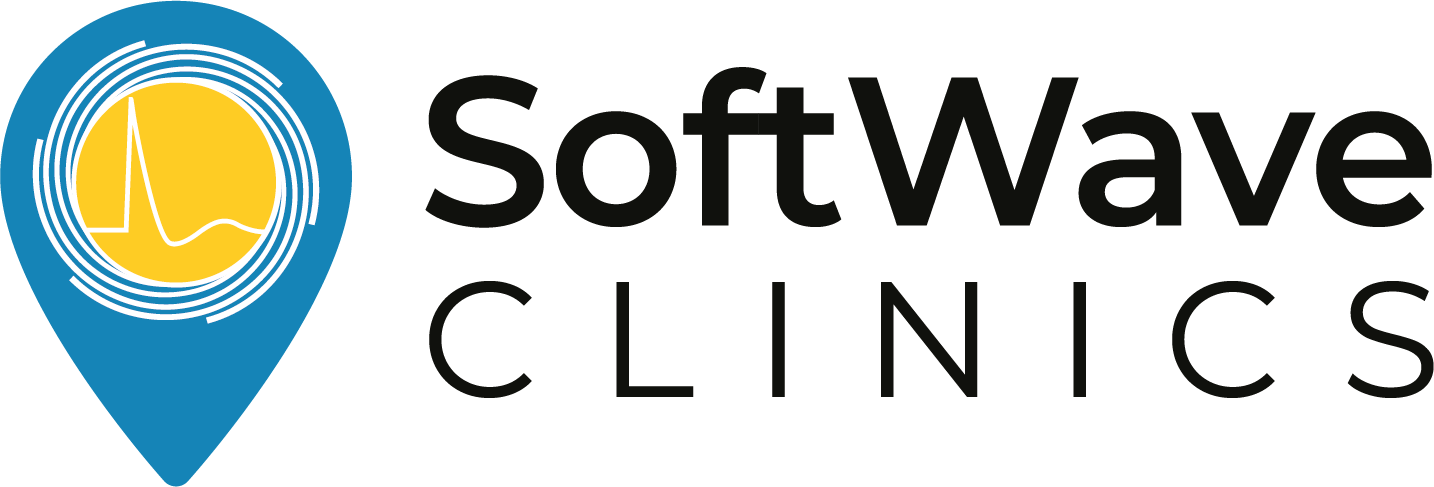Shockwave Therapy: Evidence for Soft Tissue Wound Healing
Title: Evidence supporting extracorporeal shock wave therapy for acute and chronic soft tissue wounds
Authors: Vlado Antonic, Rainer Mittermayr, Wolfgang Schaden, Alexander Stojadinovic
This study focuses on the benefits of extracorporeal shockwave therapy (ESWT) in the treatment of acute and chronic soft tissue wounds. Soft tissue wound healing is a complex process involving various biological signals and pathways. However, certain factors like age and comorbidities can lead to delayed or disturbed wound healing.
Chronic wounds, which encompass a range of musculoskeletal conditions, require a multidisciplinary approach for effective management. Traditional treatment options often yield inconsistent outcomes, leading to significant burdens on patients, families, healthcare systems, and society as a whole. Therefore, the development of an effective and cost-efficient method to improve wound healing is crucial.
ESWT, utilizing mechanotransduction, has shown promise as a therapeutic intervention. It stimulates biological pathways such as neovascularization and tissue regeneration, leading to improved healing in the targeted area. Published data indicate that ESWT is safe, reliable, cost-effective, and clinically effective for soft tissue indications.
Although the exact biological effects of ESWT on human cells are still being explored, it is recognized as a valuable treatment modality. Ongoing research aims to further understand its mechanisms and potential applications. In the context of acute and chronic soft tissue wounds, ESWT has demonstrated positive results and holds promise for enhanced healing outcomes.
This review provides a comprehensive overview of shockwave therapy and highlights its role in the treatment of soft tissue wounds. By shedding light on the benefits of ESWT, it emphasizes the potential for improving wound healing and reducing associated costs.
